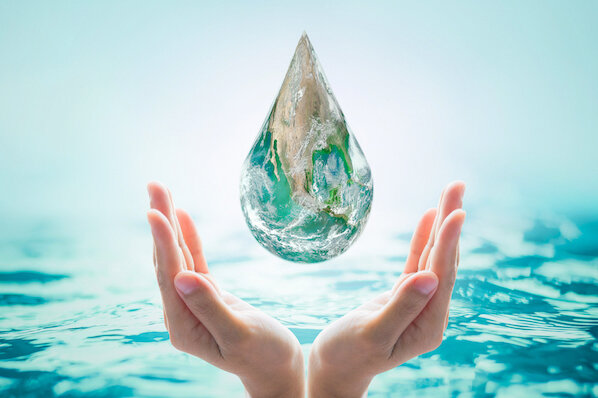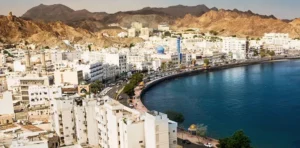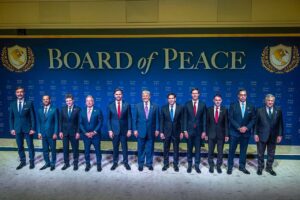Oman Celebrates “Water for Peace” to Emphasize Vital Importance of Water Conservation

Muscat, The Gulf Observer: Today, the Sultanate of Oman, under the auspices of the Ministry of Agricultural Wealth, Fisheries, and Water Resources (MAFWR), observes “Water for Peace,” a day dedicated to highlighting the crucial role of water in sustaining life. This annual commemoration on March 22 serves as a poignant reminder of the imperative to conserve and manage this invaluable resource for the collective benefit of society.
Oman, situated among countries with limited water resources in arid and semi-arid regions, recognizes the paramount importance of preserving its water wealth. With an average annual rainfall of merely 100 mm and a reliance on rain as the primary source of water, the Sultanate faces unique challenges in ensuring water security for its citizens.
To address these challenges, Oman has undertaken significant initiatives, including the construction of dams, maintenance of aflaj (traditional irrigation channels), and establishment of rain seeding stations. Currently, the Ministry of Agricultural Wealth, Fisheries, and Water Resources oversees 186 dams with a combined storage capacity of 346 million cubic meters, along with 13 rain seeding stations.
Moreover, Oman harnesses unconventional water sources through 92 desalination plants, producing a capacity of 1.65 million cubic meters per day, and operates 67 sewage stations with a daily production capacity of 309,000 cubic meters. These efforts aim to bolster groundwater reserves and mitigate flood risks, ensuring sustainable water access for municipal, industrial, and agricultural sectors.
In Oman, the agricultural sector represents the largest consumer of water, accounting for 80 percent of total usage. With 4,173 falaj (traditional irrigation channels) across all governorates and modern irrigation systems covering approximately 48 percent of cultivated areas, Oman continues to prioritize efficient water management practices.
Looking ahead, the Ministry of Agricultural Wealth, Fisheries, and Water Resources is committed to updating water management systems and legislation in alignment with population growth and evolving energy, water, and food demands. By fostering collaboration and implementing sustainable strategies, Oman aims to achieve food and water security while mitigating the impacts of climate change and population growth.
As the world faces increasing challenges related to water scarcity and climate variability, Oman’s dedication to water conservation serves as a beacon of hope and inspiration for global efforts to safeguard this precious resource for future generations.


